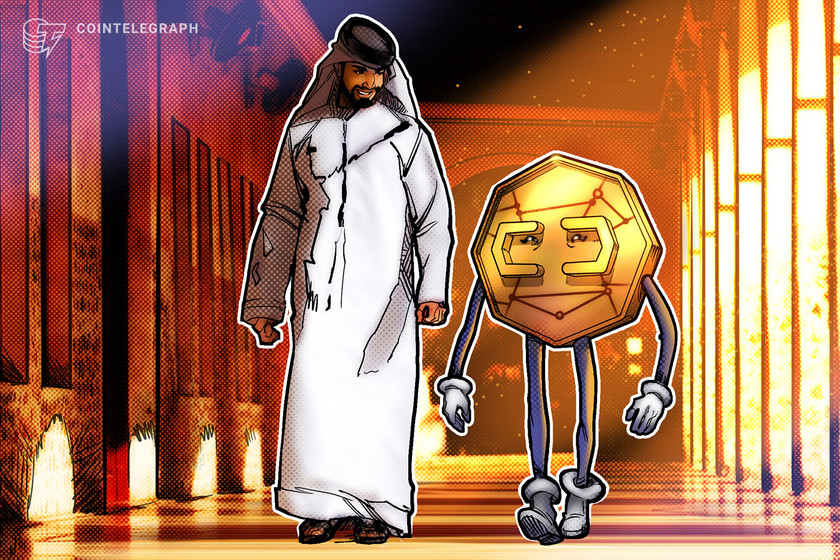
The laws apply to market participants within the emirate of Dubai, with the exception of those under the Dubai International Financial Centre.
The Virtual Asset Regulatory Authority (VARA), the regulator in charge of overseeing cryptocurrency laws within Dubai, has issued new guidelines for virtual asset service providers (VASP) operating within the emirate.
According to information sent by Irina Heaver, a crypto and blockchain lawyer based in the United Arab Emirates, VARA has issued the “Full Market Product Regulations” which include four compulsory rulebooks and activity-specific rulebooks that lays down the rules for operating VASPs. The rules apply to market participants within Dubai only, with the exception of those operating under the Dubai International Financial Centre (DIFC), a free zone with its own regulator.
⚠️Dubai News
— Irina ₿. Heaver (@IrinaHeaver) February 7, 2023
Dubai's Vurtual Assets and Regulatory Authority issued the long-awaited Full Market Regulations for Vurtual Assets Services Providers (VASPs).
In addition to the rulebooks, the Dubai regulator also highlighted that all market participants, whether they are licensed by VARA or not, must adhere to regulations for marketing, advertising and promotions. Violators will be fined between $5,500 (20,000 UAE dirhams) to $55,000 (200,000 dirhams), and repeat offenders could get a fine of as much as $135,000 (500,000 dirhams).
In addition to these, the regulations also give guidance on other matters, such as the issuance of virtual assets. According to Heaver, there are several takeaways from the new VARA update. This includes the issuance of privacy coins being prohibited in Dubai and traders with trading capital above $250 million being required to register with VARA.
The regulation also sets fees for advisory services, licensing, and annual supervision for custody, exchanges, broker-dealers and lending services. The fees can go from $11,000 (40,000 dirhams) to $55,000 (200,000 dirhams), depending on the services.
Related: Lawyer explains new federal virtual asset law in the United Arab Emirates
Commenting on the new development, Heaver told Cointelegraph that VARA providing clarity for the crypto space is a good thing. She explained that:
“Regulatory certainty is very good for business, it is good for consumers, investors and for the Emirate of Dubai. The regulations are long-awaited and mostly welcomed.”
Heaver also added that although VARA has a wide authority to interpret the regulations and apply them in the way they see fit, she believes and trusts that such interpretation and application will be done in line with “the spirit of Dubai’s leadership,” which considers the business acumen and entrepreneurship fostering in mind.



